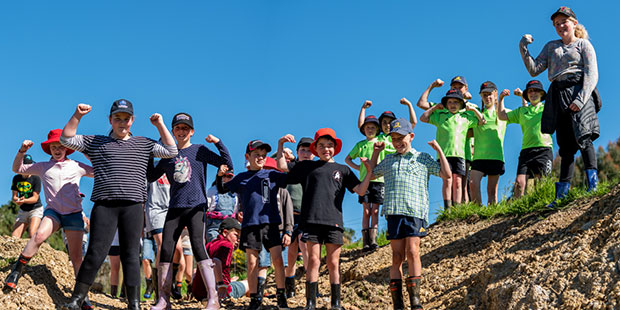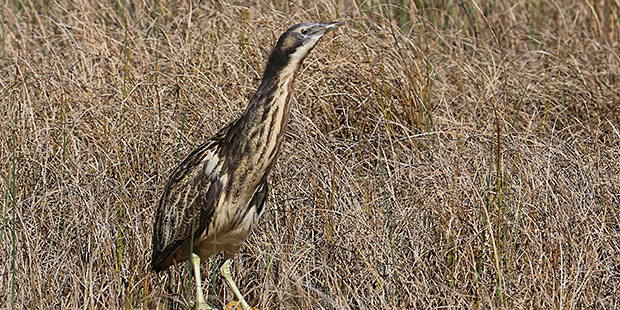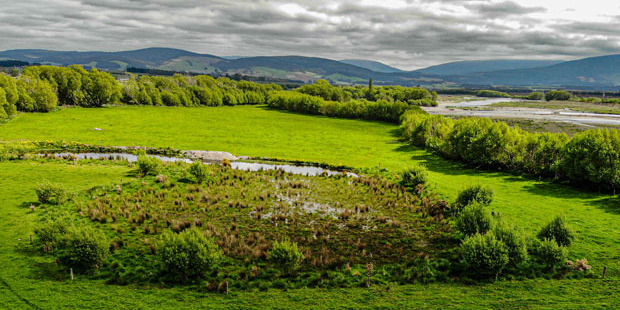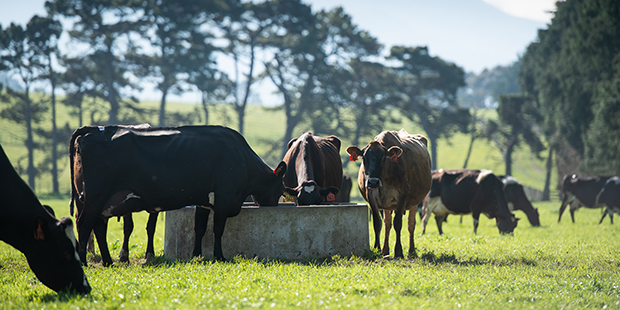“Boomer” of a book wins hearts & minds
Children's book shows way forward for NZ's water quality challenges.
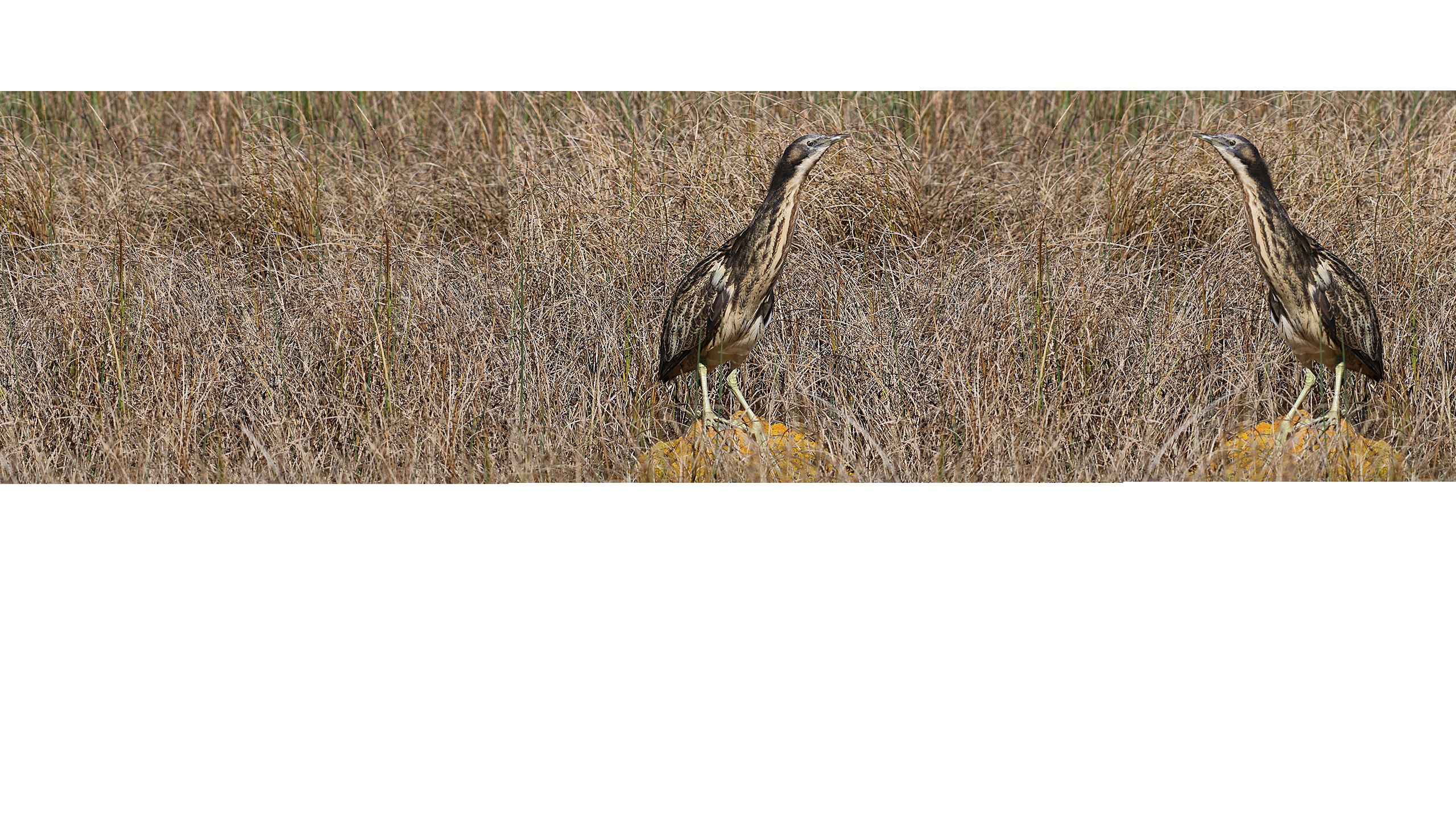
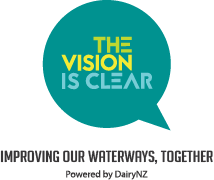
If a bird called Boomer has anything to do with it, New Zealand’s water quality challenges will eventually be a thing of the past – provided we all work together.
That’s one of the main messages of a new children’s book, A Change Is Gonna Come, where Boomer (or to give him his full name, Bernard Raupo Bittern III), is the self-appointed leader of the Waipuna wetlands, a community full of threatened species like birds, eels and mudfish.
Boomer’s own species – the Australasian bittern – is down to about its last thousand birds and author and writer Angela Cushnie shaped her book around the cryptic wetland bird and the ongoing challenge to save the environment, taken on by Jack and his family on Boundary Farm.

Book cover of a new children's book, A Change Is Gonna Come. Image / Supplied.
Book cover of a new children's book, A Change Is Gonna Come. Image / Supplied.
But A Change Is Gonna Come is not just about the threat to our bio-diversity. Cushnie says the motivation was also to celebrate “all the good work being done inside the farm gate which does not get promoted or recognised” and to help educate those not already on board.
It all started when Cushnie joined the Ashburton Water Zone Committee after hearing about some of the challenges to the district’s water quality and bio-diversity. “Once I understood the magnitude of the situation, I wanted my children, my grandchildren and everyone living in the region to get involved,” she says. “We all need to work together – it’s the only way.
“I’m from the Canterbury region and we have some real challenges down here,” she says, “but it is also really heartening to see rural communities stepping up [to solve water quality problems] – and there is not enough celebration and promotion of that.
“There has been a lot of finger-pointing, blame and negative perceptions in the past but now there is a lot of work being done – and that needs to be shouted from the rooftops.”
A key reason for the book being written around a bittern and other endangered species was that she wanted to address the challenge of improving water quality, wetlands and the environment through storytelling. By reaching out to schools and parents children can learn early about the issues and solutions.
“If you try and talk about big issues like water quality, it can be quite a dry conversation [with children],” she says. “But if you talk about an endangered mudfish or a bittern, well, that’s a whole different conversation.”
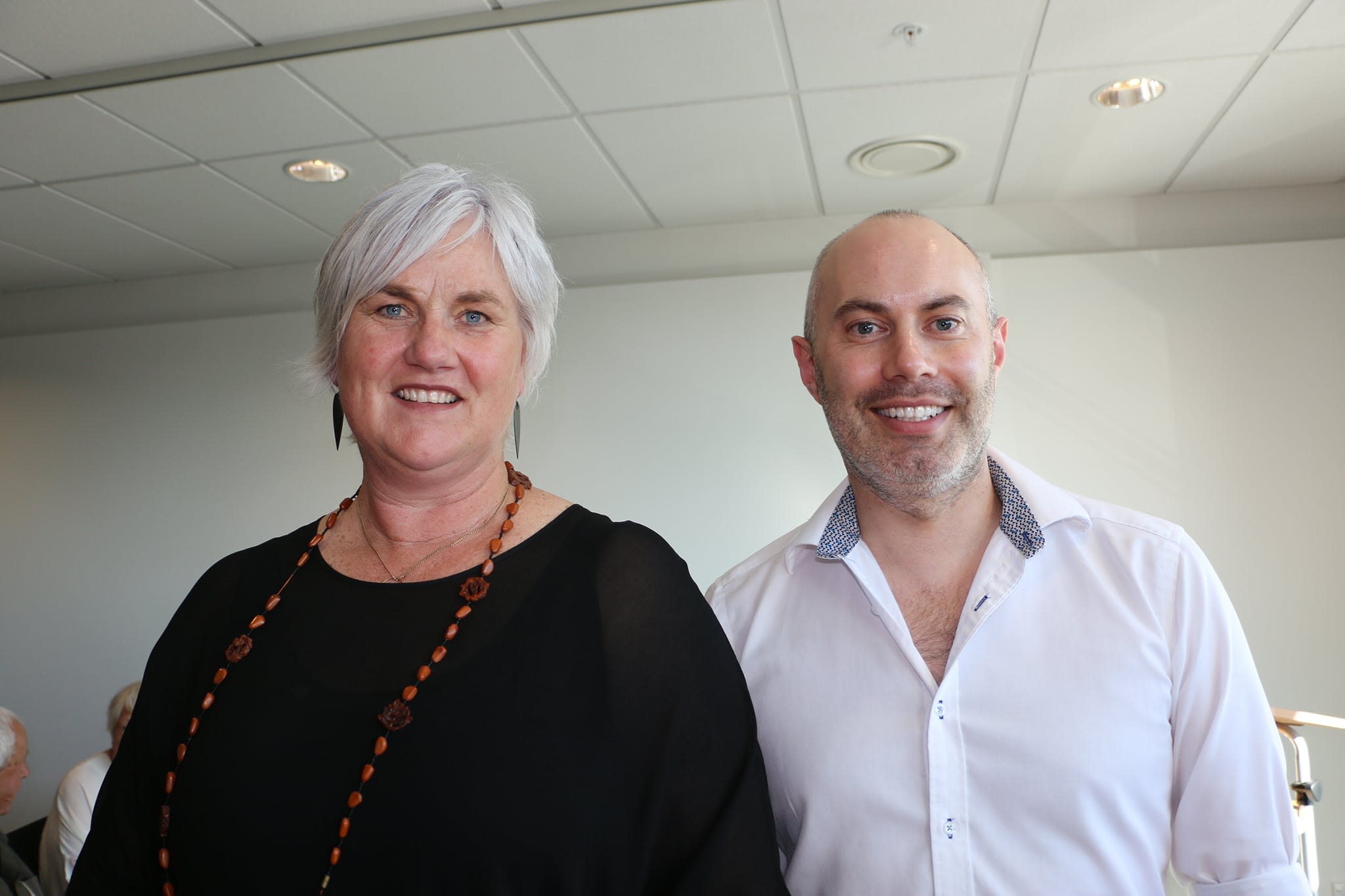
Angela Cushnie and graphic designer Brad McDonald. Image / Supplied.
Angela Cushnie and graphic designer Brad McDonald. Image / Supplied.
Cushnie is well placed to comment on the work being done by farmers and in farming areas to address water quality. For over 20 years, she has run her communications company Country Copy – a service born because she could see “all my clients, all of whom are in the rural/agricultural sector, know what to say, but they didn’t quite know how to say it.”
So Cushnie would say or write it for them, arming farmers with the words to tell the story of their farming journey and sometimes to push back on some negative perceptions cast their way.
There is, she says, a lot of work still to do but education – not just with books like hers but also face-to-face learning by getting kids out of the classroom and into the environment – is the way forward.
Education, after all, was what lit Cushnie’s flame in the first place. After she joined the Ashburton Water Zone Committee, she said fellow runanga facilitator Peter Ramsden would start the meetings with a karakia – with wide exploration of the past, the present and forward into the future.
“It really resonated with me and it took me on a journey. I wrote a piece for a magazine after that, called ‘We are water and water is us’. Up to that point I understood the economic and social aspects of farming and food production but hadn’t yet grasped the cultural significance of kaitiakitanga or learnt about our natural heritage.”
When adults are introduced to the challenges and change their hearts and minds, they quickly move from believing there is “no problem” to “might have a problem” to “what do I need to do?”
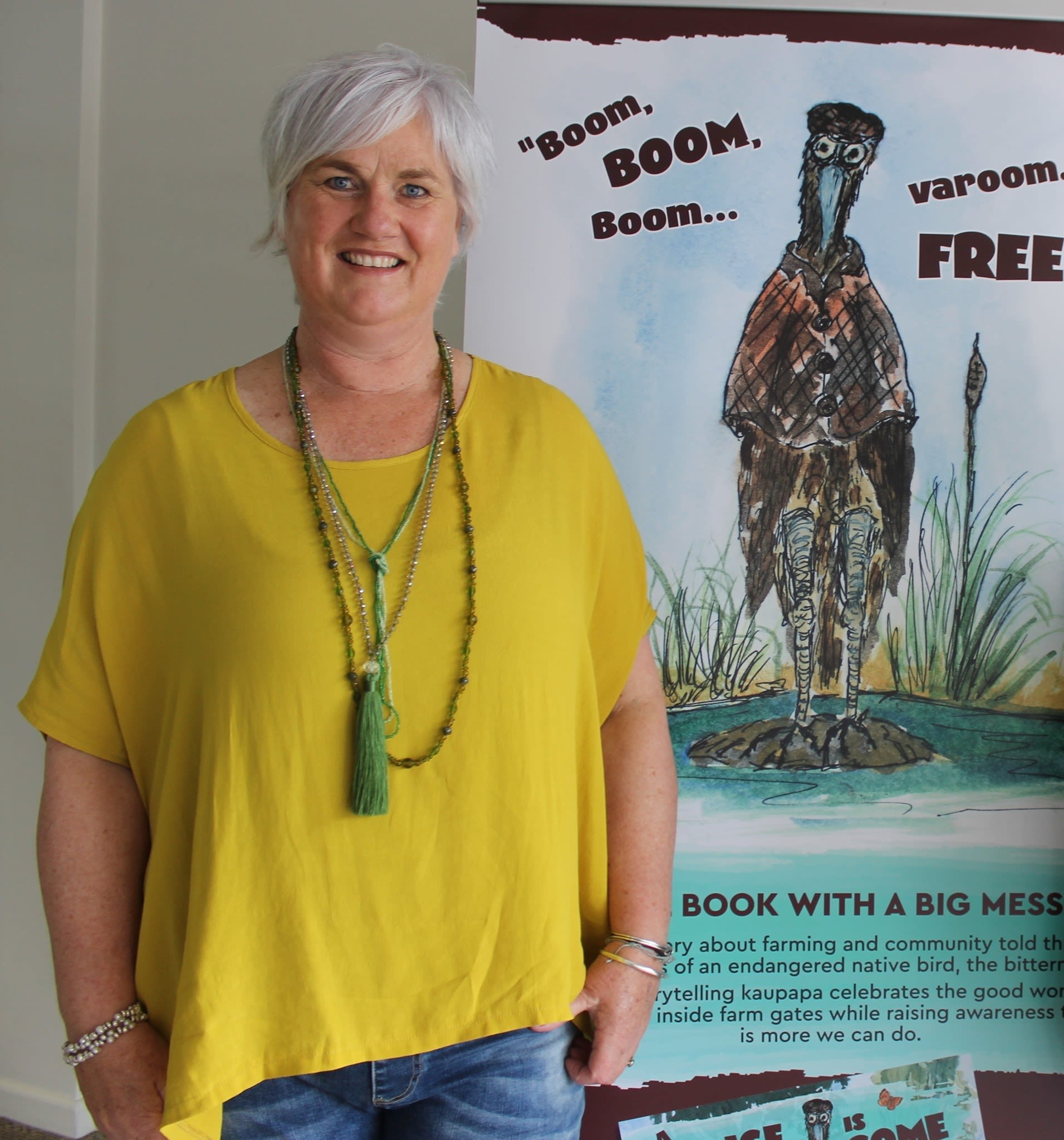
Angela Cushnie. Image / Supplied.
Angela Cushnie. Image / Supplied.
On her office wall is a quote by Benjamin Franklin which provides part of the answer: “Tell me and I forget. Teach me and I remember. Involve me and I learn”.
“When we break down those barriers, so people aren’t just talking about something like riparian planting but really understanding what it means, it is a transformation,” she says. “They can see it gives people a huge sense of pride and provides an example of what is being done if they are subject to any more of those negative perceptions about farming.”
Those perceptions are reducing, she says, but “there has never been a more urgent time. We need to make people see that we have started on a journey of conservation and sustainability and that we all have to work together.
“It’s important we don’t dwell on or overreact [to criticism]. Change is happening too fast for some and not fast enough for others – and that is causing huge tension. Empowering communities and giving them the tools of change is where the magic happens.”


